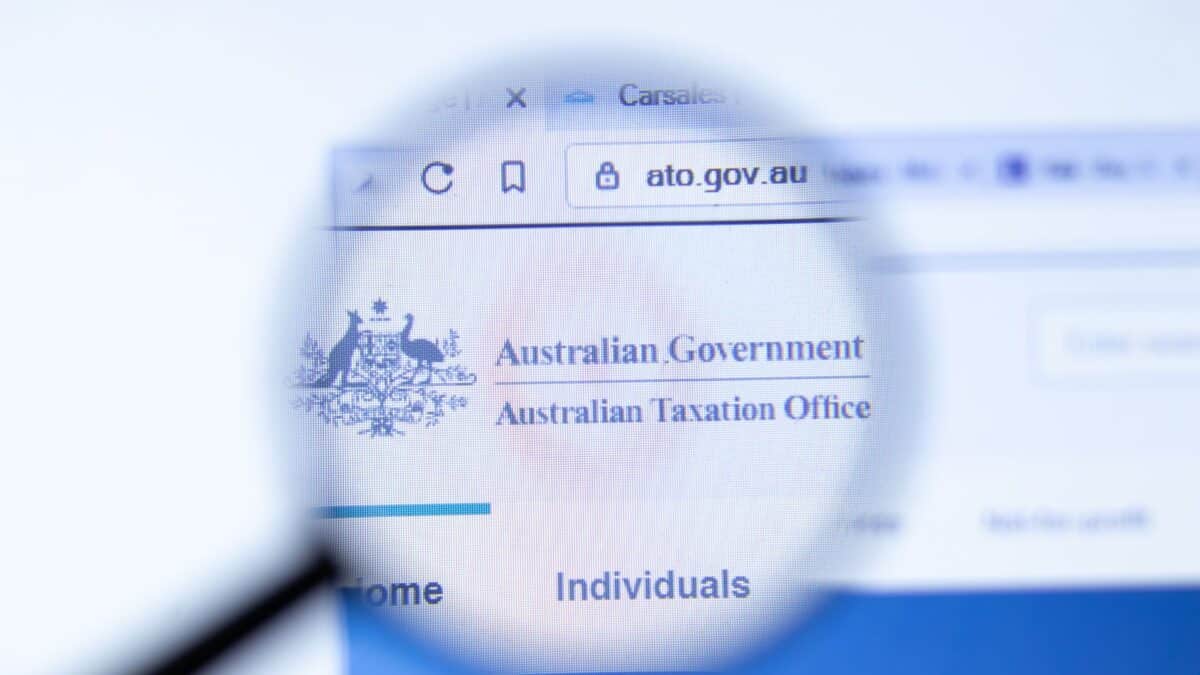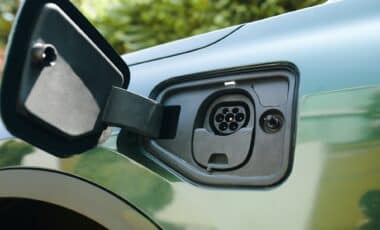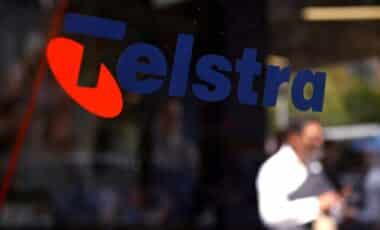As Australians become increasingly engaged in multiple income streams, the Australian Taxation Office (ATO) is ramping up its efforts to track side hustle earnings. With nearly one million Australians reportedly holding more than one job, this shift in tax enforcement is set to affect a wide range of people, from gig economy workers to content creators. Starting July 1, the ATO will have more insight into side income than ever before, and taxpayers could be in for a shock tax bill if they fail to comply.
The expansion of the Sharing Economy Reporting Regime means platforms like Uber Eats, OnlyFans, Airtasker, and YouTube will be required to automatically report income to the ATO. This change represents a significant shift in how the ATO tracks earnings, with the potential to impact a growing number of Australians who may not have fully declared all their side income in the past.
New Reporting Rules for Side Hustles
The most notable change is the introduction of mandatory reporting for income earned through the so-called “sharing economy.” Previously, Australians were required to self-declare income earned through side hustles. However, with the expansion of the new reporting regime, any income generated from platforms such as Doordash, Airtasker, and even online video platforms like YouTube will now be automatically reported to the ATO.
Jenny Wong, the tax lead at CPA Australia, explained that these new rules will apply to a broader range of services than ever before. “If you’re renting out a car parking space or a designer handbag, that income will be reported, and you’ll need to pay tax,” she said. This expanded system aims to ensure that no income goes untracked by the tax authorities, ultimately creating a more accurate picture of an individual’s total earnings.
The Impact on Influencers and Content Creators
While the new rules will affect a variety of side hustlers, influencers and content creators could feel the most significant impact. Many such creators make substantial earnings through advertising revenue, streaming subscriptions, and other digital platforms, as well as through gifts and gratuities, which will now be subject to tax reporting.
Wong emphasized that creators who earn over $18,200, the current tax-free threshold, will need to pay tax on their earnings. This includes not only monetary compensation but also non-cash items like free cars, holidays, and clothes received in exchange for promoting brands or services. The scale of these earnings could lead to hefty tax bills, potentially reaching tens of thousands of dollars for some.
ATO 'shock' tax bill warning for nearly one million Australians: 'Significant amount' https://t.co/Dh1bMnDe1k
— Yahoo Finance Australia (@YahooFinanceAU) June 20, 2025
A Call for Proper Tax Reporting
Mark Chapman, director of tax communications at H&R Block, pointed out that many Australians fail to report all their side income, often viewing their side hustle as a hobby rather than a taxable activity. “You might think your side hustle is just a hobby, but the ATO will disagree,” Chapman warned. According to the tax expert, failure to report additional income could lead to fines or penalties, as the ATO now has access to more data and will be closely monitoring side hustle earnings.
In recent years, the side hustle economy has grown significantly, driven by platforms that allow people to earn income outside of traditional full-time employment. While this has provided a valuable source of income for many Australians, the ATO is now ensuring that the tax system reflects these changes in how people earn money. As the tax office increases its scrutiny, individuals are advised to stay informed about their reporting obligations.
Tax Implications for Gig Economy Workers
The gig economy, which encompasses a wide variety of jobs, from food delivery to freelance work, has been a major contributor to the rise in side hustles. For gig economy workers, the new regulations could have a significant impact. Previously, gig workers were largely responsible for tracking and reporting their earnings, but now, the tax office will automatically have access to this information through the companies that employ them.
With these changes, the ATO is placing a greater responsibility on gig workers to ensure that their income is reported accurately. This move is expected to catch more Australians who earn income on the side but may not have been diligent about declaring it. Gig workers may now face a higher risk of penalties if they fail to meet their tax obligations.
The shift to a more automated reporting system is part of the ATO’s broader effort to increase transparency and fairness within the tax system. By collecting data directly from income-generating platforms, the ATO is better equipped to ensure that all income is properly declared and taxed, leaving little room for oversight. As the rules take effect, Australians with side hustles are urged to stay vigilant about their tax responsibilities to avoid any unpleasant surprises come tax time.









